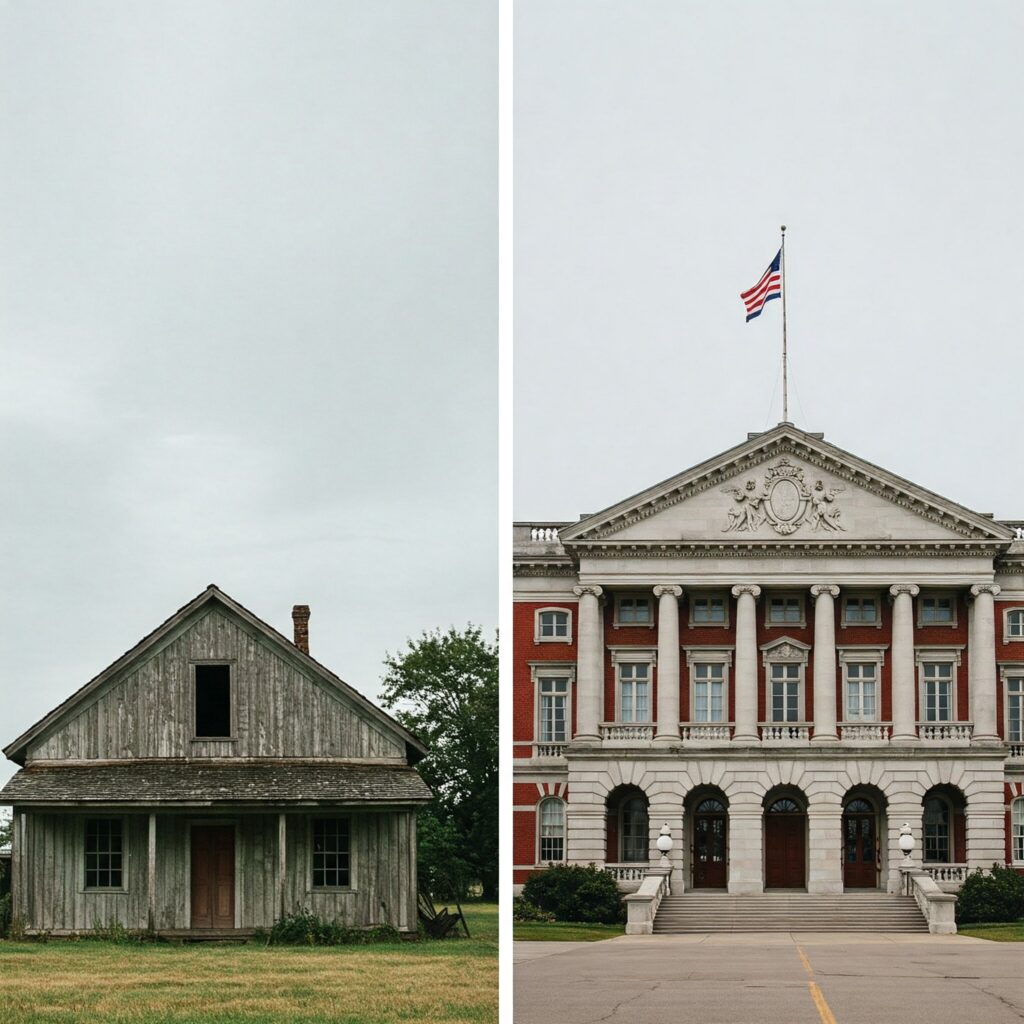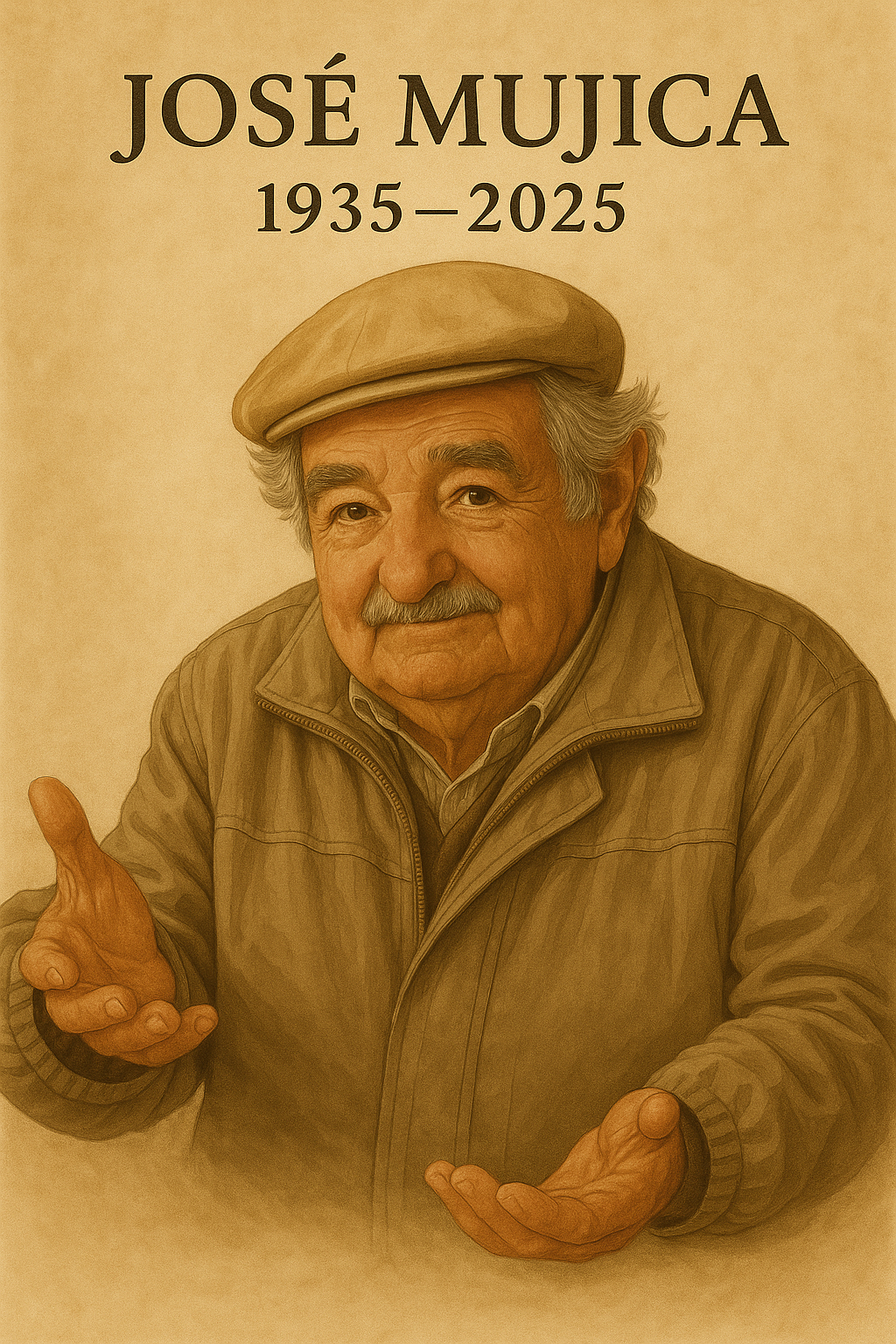José Alberto Mujica Cordano, known to many as “Pepe,” was a former president of Uruguay who passed away at the age of 89 on Tuesday. He was a fascinating figure on the world stage because he chose to live a very humble life, even while leading his country.
Pepe Mujica was born on May 20, 1935, near the capital city of Montevideo in Uruguay. His mother was a flower merchant, and his father, a traveling salesman, died when Pepe was only seven years old. In his younger years, in the 1960s, he was inspired by ideas of change and joined a group called the Tupamaros. This group was a guerrilla movement that took action like robbing banks to try to change the political system in Uruguay, which they felt was moving towards a military dictatorship. Mujica believed that sometimes force was needed for the struggle, but he also said they tried to avoid harming regular people.
His involvement with the Tupamaros led to a difficult period in his life. He was shot six times in a confrontation with police and sent to prison multiple times. He even participated in a daring escape from prison through a tunnel. However, he was recaptured and spent over a decade in prison, much of it in solitary confinement. He was beaten and tortured and, in order to survive psychologically in solitary confinement, befriended rats and a small frog. This time in prison also gave him time to think about the world and realize that the violence the Tupamaros used was actually hurting the country and helping a military dictatorship take power.
When Uruguay returned to being a democracy in 1985, Mujica was released from prison. He decided to work within the political system for change. He was elected to parliament in 1994 and later became the Minister of Agriculture. As Minister, he worked to lower the price of beef ribs so that people with less money could afford good quality meat.

In 2009, at the age of 74, José Mujica was elected president of Uruguay. He was known as “Pepe” and quickly gained international attention for his simple lifestyle. Instead of living in the large, fancy presidential mansion, he stayed in his small farmhouse on the outskirts of Montevideo with his wife, Lucía Topolansky. They even grew flowers to sell. He drove his old light blue 1987 Volkswagen Beetle car instead of a presidential motorcade. He also donated about 90% of his presidential salary to charity, which helped build housing for poor towns. He didn’t like being called the “world’s poorest president.” He would quote the Roman philosopher Seneca, saying, “It is not the man who has too little, but the man who craves more, who is poor.” He believed politicians should live more like average citizens and that too much focus on money and possessions was harmful. He even called the presidential palace “crap” and said it should be turned into a high school.
During his presidency from 2010 to 2015, Uruguay passed some important laws. It became the second country in Latin America to make abortion legal and to legalize gay marriage. Uruguay also became the first country in the world to legalize and regulate marijuana. His government also worked on switching the country to renewable energy. He even offered to take in six prisoners from the Guantánamo Bay facility in Cuba to help close it down. Although he had big goals, some of his plans, like completely getting rid of inequality and improving education for everyone, were difficult to achieve.
After his time as president, Mujica served in the Senate for three more years. He was remembered not just for his policies, but for his humility and for showing that leaders don’t need to have a lot of wealth and power to make a difference. His political friend, Yamandú Orsi, who became the new president recently, has also chosen to live in his own family home instead of the presidential mansion.
Pepe Mujica was a leader who lived by his beliefs, showing the world that a different kind of politician was possible.
This article is based on the following articles:
https://www.npr.org/2025/05/13/nx-s1-5288793/uruguay-jose-mujica-dies

Background Information
- Uruguay: Uruguay is a country in South America. It’s a small nation with a population of over 3 million people. Its capital city is Montevideo. The articles mention Uruguay was once known as the “Switzerland of South America,” suggesting it was known for being stable and prosperous.
- Leftist Politics: In politics, “leftist” generally refers to ideas that support social equality and government action to help regular people. This can include things like providing social services or trying to reduce the gap between rich and poor. Mujica was described as a “stalwart of leftist leadership in Latin America.”
- Guerrilla Fighter and Military Dictatorship: A guerrilla fighter is someone who fights in a small, independent group using tactics like surprise attacks. Groups like the Tupamaros fought against what they saw as a move toward a military dictatorship. A military dictatorship is a government where the military has complete power, and people often do not have many freedoms or rights. The Tupamaros wanted to shock the political system that was heading that way.
- Latin America: This term refers to the countries in the Americas (North, Central, and South America) where Romance languages like Spanish, Portuguese, and French are spoken. Mujica was a prominent figure in leftist politics in this region. The articles mention a “pink tide” of left-leaning politicians who came to power in several Latin American countries in the early 2000s.
- Key Policies (Legalizing Abortion, Gay Marriage, Marijuana):
- Legalizing Abortion: This means making it legal for a woman to end a pregnancy. Under Mujica, Uruguay became the second country in Latin America to do this.
- Legalizing Gay Marriage: This means allowing people of the same sex to legally marry each other. Uruguay also became the second country in Latin America to do this under Mujica.
- Legalizing and Regulating Marijuana: This means making the production and sale of marijuana legal, but with government rules about it. Uruguay was the first country in the world to do this.
- Che Guevara: Mentioned as an inspiration for Mujica in his youth, Che Guevara was a famous Marxist revolutionary from Argentina who was a key figure in the Cuban Revolution. He is a symbol of rebellion and revolution for many.
- Maté: The articles mention Mujica would sometimes be seen sipping maté. Maté is a traditional South American drink made from the leaves of the yerba maté plant. It’s like a type of herbal tea and is often shared among people.
Please subscribe to Insight Fortnight, our biweekly newsletter!
